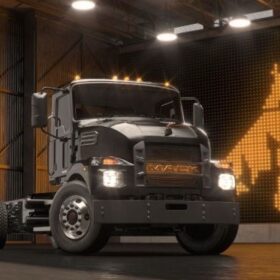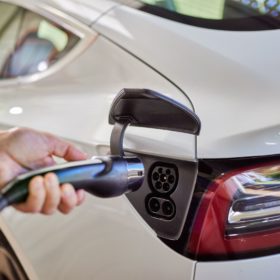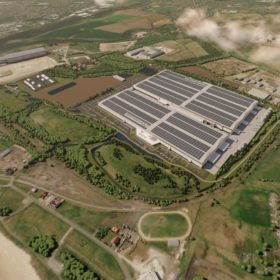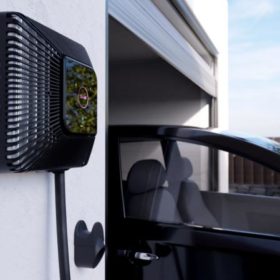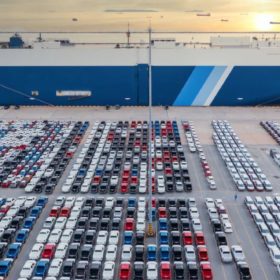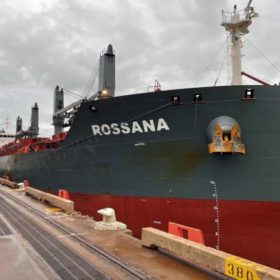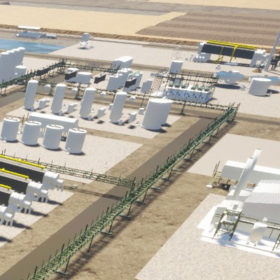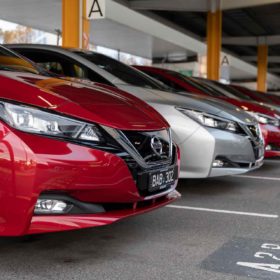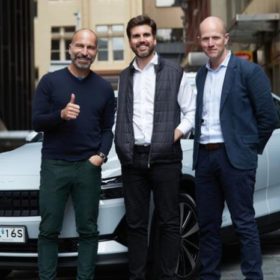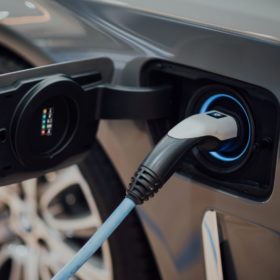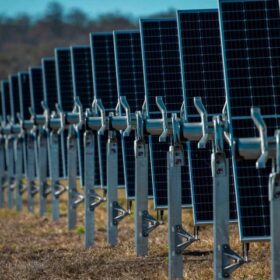Australian tech helps drive Mack Trucks’ electric transition
Australian automotive technology company SEA Electric has inked a deal which will see United States-headquartered truck manufacturer Mack use its technology to power a battery electric version of its medium-duty vehicle range.
WA tips $15 million in to drive expansion of EV charging network
The Western Australian Government has launched a new $15 million (USD 10.3 million) grant program to expand electric vehicle charging infrastructure throughout the state and accelerate the uptake of zero emission vehicles.
Recharge Industries looks to revive British battery gigafactory
Just weeks after announcing its intent to build a $300 million (USD 210 million) lithium-ion battery manufacturing facility in Victoria, Australia-based Recharge Industries is reportedly considering a bid for the collapsed UK battery company Britishvolt that could revive plans to construct a battery cell gigafactory in northern England.
South Australia gives vehicle-to-grid technology green light
South Australia has become the first jurisdiction in Australia to approve network connection of vehicle-to-grid technology in a residential setting, providing electric vehicle owners with the opportunity to send energy stored in their car’s on-board battery back into their own homes or the electricity grid.
Let buyers jump queue for EVs by importing them directly
If Australia is to decarbonise our energy system by 2050, we need to start the transition to electric vehicles very soon. Cars sold in the 2030s will mostly still be on the road in 2050, so we have to make sure most of them are electric. But electric cars (including plug-in hybrids) currently account for only 3.5% of new car sales in Australia.
First ore shipment sails from NT lithium mine to China
Australian miner Core Lithium has made the transition to lithium producer with 15,000 tonnes of unprocessed ore from its Finniss mine in the Northern Territory now heading to China where it will be converted into materials for the global renewable energy storage and electric vehicle markets.
QPM granted approvals for $2.1 billion battery materials plant
Queensland Pacific Metals announced it has secured all of the key approvals required for it to build its $2.1 billion (USD 1.41 billion) battery materials plant within the Lansdown Eco-Industrial Precinct near Townsville in northern Queensland.
Australian EV market share grows 65% in 2022
The demand for electric vehicles in Australia increased by 65% in 2022, reaching 3.39% market share of total new car sales, according to the Electric Vehicle Council’s latest report. Tesla continues to be the dominant brand, with New South Wales and Australia Capital Territory governments topping the charts on policy leadership.
Uber announces plan to accelerate rollout of EVs on Australian roads
Rideshare giant Uber plans to accelerate the roll out of electric vehicles in Australia, teaming with Sydney finance company Splend to put 500 more electric cars on Australian roads.
Bowen points to manufacturing revival as part of national EV strategy
Australia’s car manufacturing industry could be restarted as the federal government considers ways to increase the affordability, supply and uptake of electric vehicle technologies.
